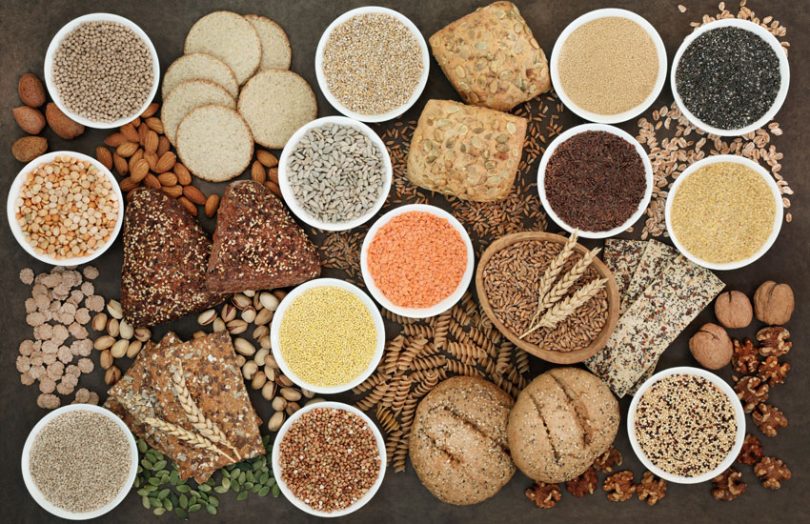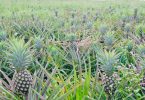Yesterday, food production giant Bühler announced new technologies promising to increase food safety standards and production efficiency. These technologies are integrated within Bühler Insights, the firm’s cloud-based platform that incorporates blockchain and food traceability. Bühler‘s “Laatu” solution uses electrons to rid dry food of harmful microbials and Tubex Pro tracks production status in real time.
Bühler is a Swiss-owned firm providing food processing and production solutions. A leader in the field, its food processing machines handle over 65% of the world’s grain, 70% of the world’s chocolate, and 30% of global rice and pulses. The company showcased its new technology at the Microsoft booth as part of this year’s Hannover Messe.
Laatu aims to tackle the costly problem of food safety. Bühler’s media release claims that each year one in ten people fall ill with food poisoning and over 400,000 die. The cause is often microbials such as Salmonella and E. Coli.
Laatu, unlike traditional technologies, exposes dry foods such as grain to low energy electrons. This significantly reduces harmful spores and microbials with a relatively small carbon footprint. It also doesn’t need to use water or sanitizing chemicals.
Bühler’s new process tracking system, Tubex Pro, collects data on production status in real time. Its measuring algorithm is self-optimizing, so continually improves based on its learnings. Tubex Pro looks at not only the amount of food produced but the flow of product, the environment of the plant, and the variations caused by input material.
The company connected both of these new technologies to the firm’s Yield Management System (YMS) and Bühler Insights. Bühler Insights uses distributed ledger technology (DLT) to create a secure and traceable audit trail in food production. Microsoft Azure’s blockchain workbench powers it.
Combining all these tech solutions with blockchain means data is stored in an immutable evidence trail, providing traceability to consumers, retailers and producers in almost real time.
“With this integrated food safety and yield management solution, you can capture the date, time, batch, and input parameters used on a specific product and then store all that data on the blockchain”, said Nicolas Meneses, Laatu Project Manager at Bühler.
He continued: “This enables customers to track, for example, that a batch of peppercorns has been processed using the Bühler Laatu technology”.
Bühler launched its insights platform last year in collaboration with Microsoft. Their project claimed to be the first instance of using DLT to track grain and maize.






